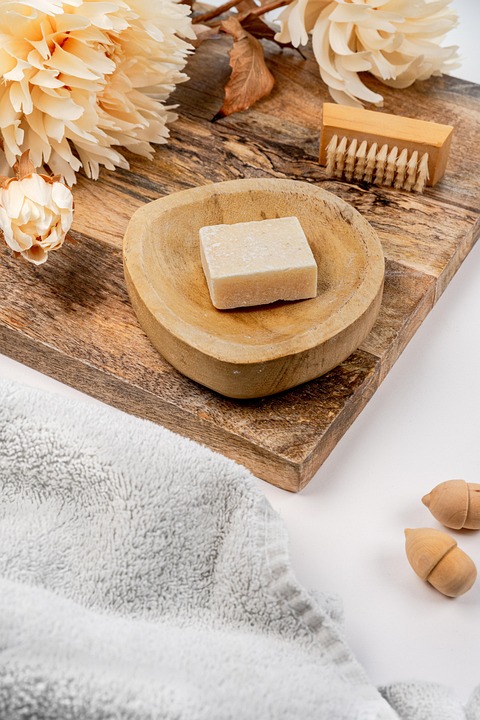In today’s fast-paced, consumerist society, it’s easy to get caught up in the idea that more is better. We’re constantly bombarded with messages telling us to buy, accumulate, and upgrade, often leading to cluttered living spaces and a sense of overwhelm. However, there’s a growing movement that’s challenging this notion: minimalism. By embracing a more minimalist lifestyle, you can simplify your space, reduce stress, and improve your overall well-being.
The Benefits of Minimalism
So, what exactly is minimalism, and how can it benefit your life? At its core, minimalism is about living intentionally and focusing on what truly adds value to your life. By paring down your possessions and simplifying your space, you can:
- Reduce stress and anxiety: Clutter and disorganization can contribute to feelings of overwhelm and anxiety. By simplifying your space, you can create a sense of calm and tranquility.
- Save time and money: When you have fewer possessions, you’ll spend less time cleaning, maintaining, and replacing them. You’ll also be less likely to make impulse purchases, saving you money in the long run.
- Increase productivity: A clutter-free space can help you stay focused and on-task, allowing you to be more productive and efficient.
- Improve your mental and physical health: Living in a cluttered environment has been linked to a range of health problems, including depression, anxiety, and respiratory issues. By simplifying your space, you can create a healthier, happier environment.
Getting Started with Minimalism
If you’re interested in embracing a more minimalist lifestyle, here are some tips to get you started:
- Start small: Begin by decluttering one area or room at a time. This will help you build momentum and make the task less overwhelming.
- Let go of duplicates and unnecessary items: Be honest with yourself – do you really need multiple versions of the same item? Get rid of duplicates and anything that no longer serves a purpose.
- Consider the 80/20 rule: This rule states that 80% of the time, you likely only use 20% of your belongings. Keep this in mind when deciding what to keep and what to let go of.
- Focus on what adds value: Rather than keeping something “just in case,” ask yourself if it truly adds value to your life. If not, consider letting it go.
Creating a Minimalist Space
Once you’ve started decluttering and simplifying your possessions, it’s time to think about creating a minimalist space. Here are some tips to help you get started:
- Use a neutral color palette: A neutral color scheme can help create a sense of calm and serenity in your space.
- Embrace negative space: Don’t be afraid of empty space – it can actually make your space feel larger and more peaceful.
- Choose multi-functional furniture: Rather than having multiple pieces of furniture that serve a single purpose, choose items that can be used in multiple ways.
- Bring in plants: Plants can help purify the air and create a sense of calm in your space.
Conclusion
Simplifying your space and embracing a more minimalist lifestyle can have a profound impact on your overall well-being. By reducing clutter, simplifying your possessions, and creating a peaceful environment, you can reduce stress, increase productivity, and improve your mental and physical health. Remember, minimalism is a journey, and it’s okay to take it one step at a time. Start small, stay focused, and watch as your space – and your life – become simpler, more streamlined, and more fulfilling.


Leave a Reply